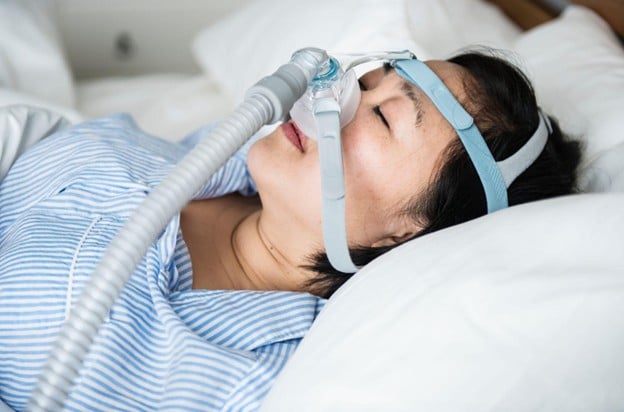Can New Formulations in Bowel Prep Improve Patient Compliance?
Colonoscopies provide physicians with a highly accurate way to identify and monitor a wide range of gastrointestinal conditions, from polyps to inflammatory disorders to colon cancer screening. The success of the procedure, however, depends greatly on how well the bowel is prepared beforehand. Standard preparation methods have long posed challenges to patient compliance. In response, a range of new formulations have emerged to make the preparation process more manageable, boosting patient compliance and creating a more positive overall experience.
The Challenge of Traditional Bowel Preparations
Historically, bowel prep involved consuming large volumes of polyethylene glycol (PEG)-based solutions, sometimes up to 4 liters. These regimens, while effective, were notorious for their unpalatable taste and the sheer volume required, leading to nausea, bloating, and, in some cases, incomplete preparations. These discomforts often resulted in patients failing to complete the preparation adequately, compromising the quality of the colonoscopy and potentially leading to missed diagnoses.
Innovations in Prep Formulations
Low-Volume Solutions
One of the most significant advancements in bowel preparation has been the development of low-volume solutions. These formulations require patients to consume only 2 liters of solution, split into two doses. Studies have shown that these low-volume regimens are not only more tolerable but also maintain the efficacy of traditional high-volume preparations.
Improved Palatability
Taste remains a primary deterrent for many patients. To address this, manufacturers have introduced flavored solutions that mimic the taste of common beverages. For instance, Suflave, a lemon-lime flavored oral solution, has been approved by the FDA as a low-volume colonoscopy preparation. Clinical trials indicated that 80% of participants found it tolerable or easy to consume, with only 8% reporting adverse gastrointestinal events.
Tablet-Based Prep
For patients averse to liquid solutions, tablet-based prep is now a viable alternative. SUTAB has gained popularity due to its convenience and reduced volume. Patients are required to ingest 24 tablets over a specified period, offering a less burdensome option compared to traditional liquids.

Adjunctive Agents
The addition of adjunctive agents like simethicone has been explored to enhance bowel preparation quality. Simethicone, an anti-foaming agent, can reduce bloating and improve visualization during colonoscopy. Recent guidelines have recommended its use in combination with low-volume preparations to optimize outcomes.
The Role of Technology in Enhancing Compliance
Beyond pharmaceutical innovations, technology has played a pivotal role in improving patient adherence to bowel preparation protocols.
Mobile Applications
Mobile health applications have been developed to provide patients with real-time guidance and reminders during the preparation process. These apps offer step-by-step instructions, track progress, and send alerts, ensuring patients adhere to the prescribed regimen. A study published in 2023 found that patients using a mobile app-based bowel preparation education platform showed significantly improved bowel cleansing quality and higher compliance rates compared to those receiving standard instructions.
Artificial Intelligence
Artificial intelligence has also been integrated into the colonoscopy preparation process. AI-driven systems can assess the quality of bowel preparation by analyzing images and providing feedback to patients and clinicians. This real-time assessment ensures that any deficiencies in preparation are addressed promptly, leading to better procedural outcomes.
Impact on Patient Outcomes
The innovations in bowel prep formulations and the integration of technology have had a profound impact on patient outcomes. Improved compliance leads to better bowel cleansing, which is directly correlated with higher adenoma detection rates and reduced need for repeat procedures.
Furthermore, enhanced patient experience reduces anxiety associated with the procedure, contributing to overall satisfaction and increased participation in colorectal cancer screening programs.
Improving Patient Outcomes
The evolution of bowel preparation for colonoscopy reflects a concerted effort to enhance patient compliance and procedural efficacy. Through the development of low-volume, palatable solutions, tablet-based alternatives, and the incorporation of technological tools, the medical community has made significant strides in addressing the challenges associated with bowel preparation. As these innovations continue to evolve, they hold the promise of making colonoscopy a more accessible and patient-friendly procedure, ultimately leading to better health outcomes and reduced mortality from colorectal cancer.






